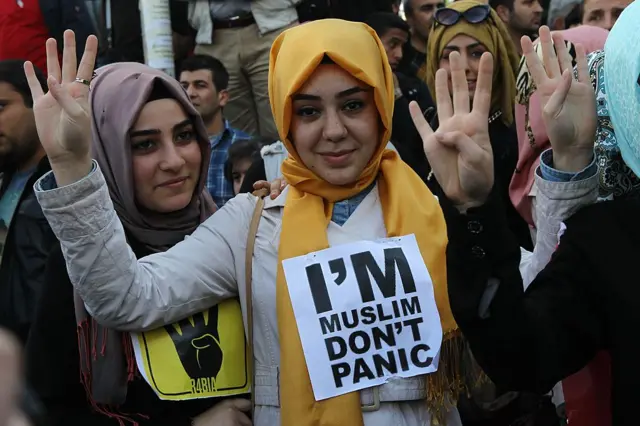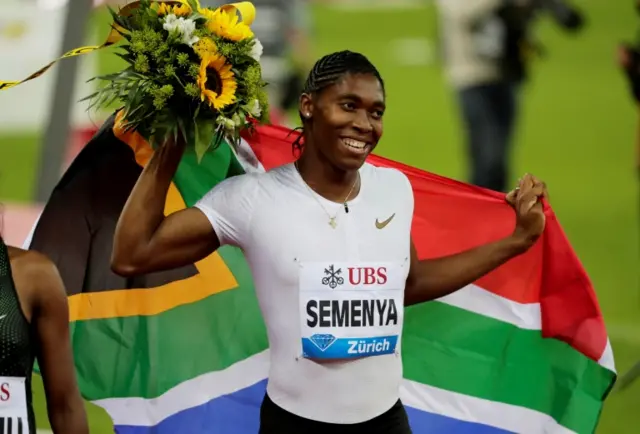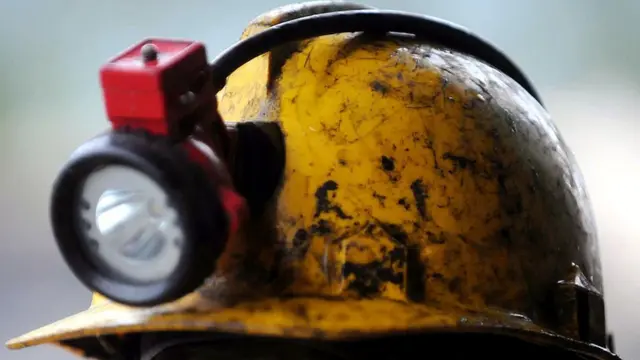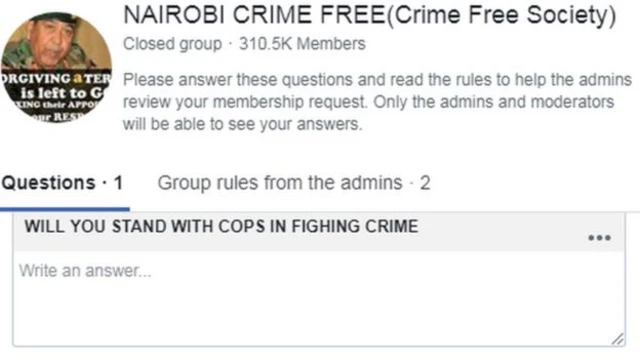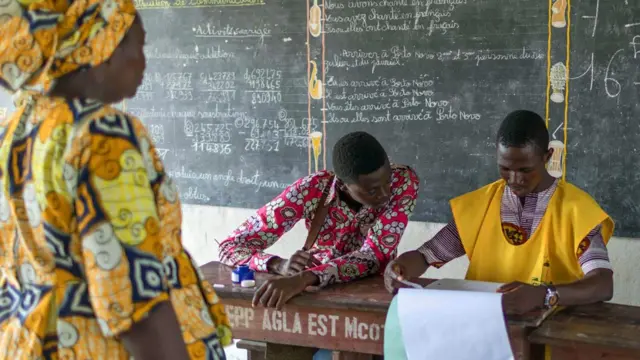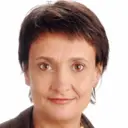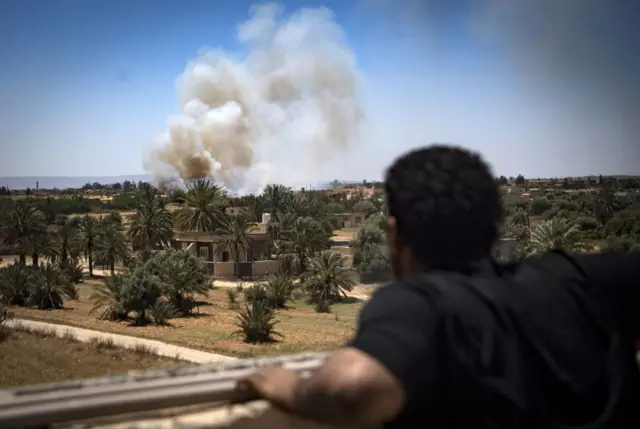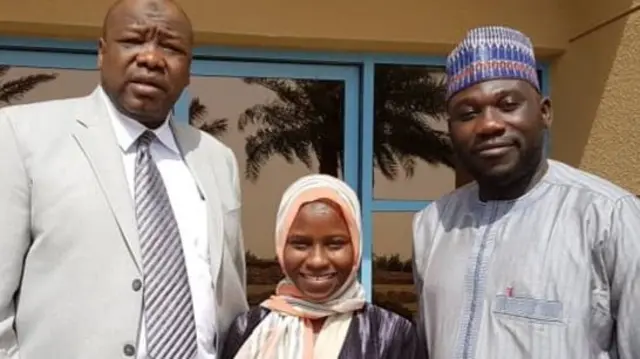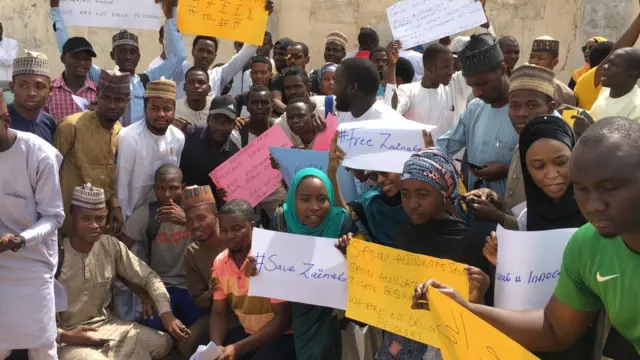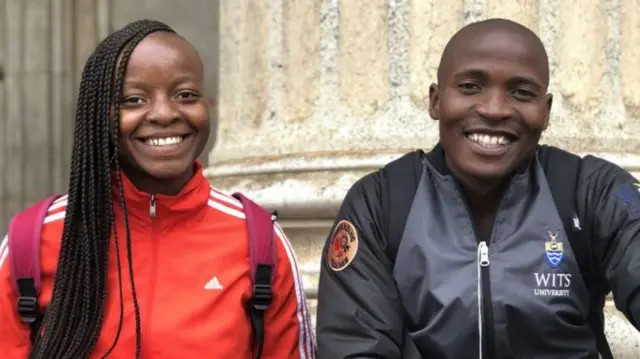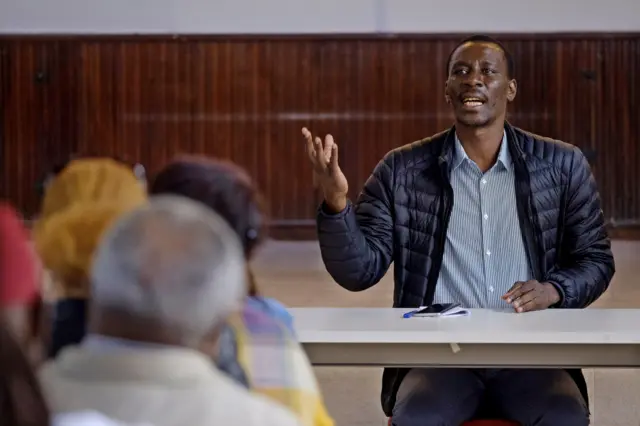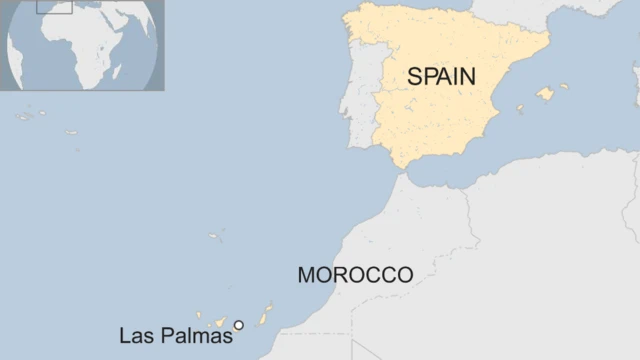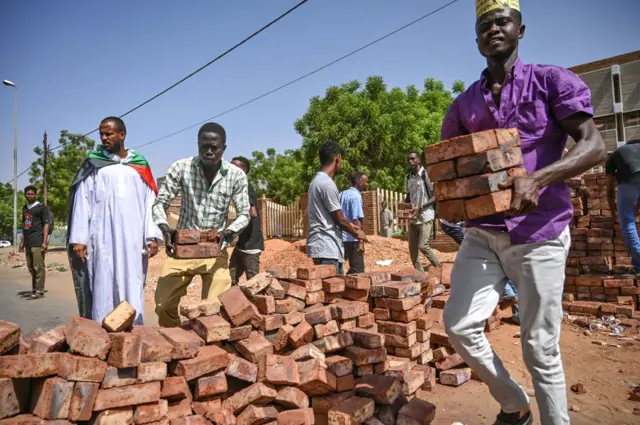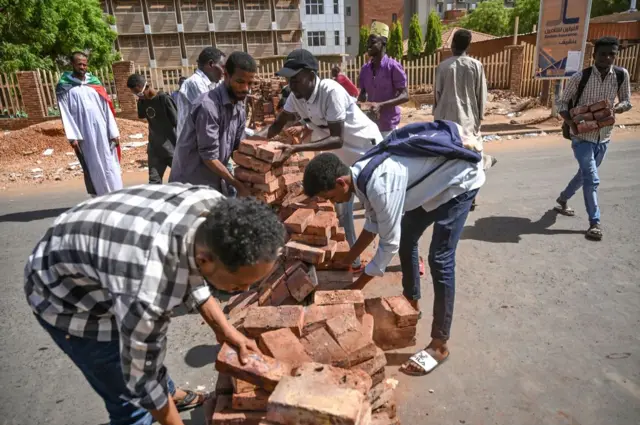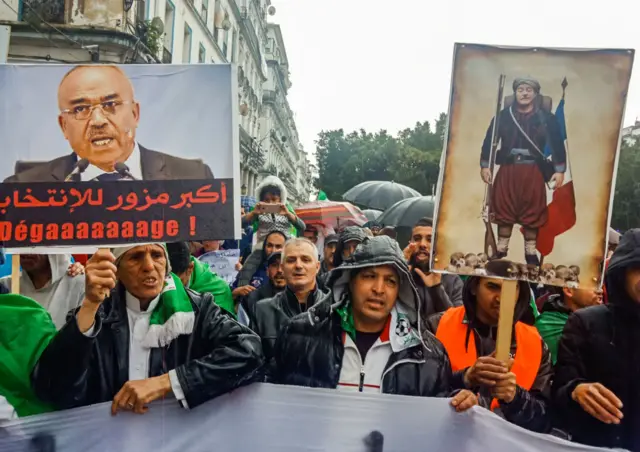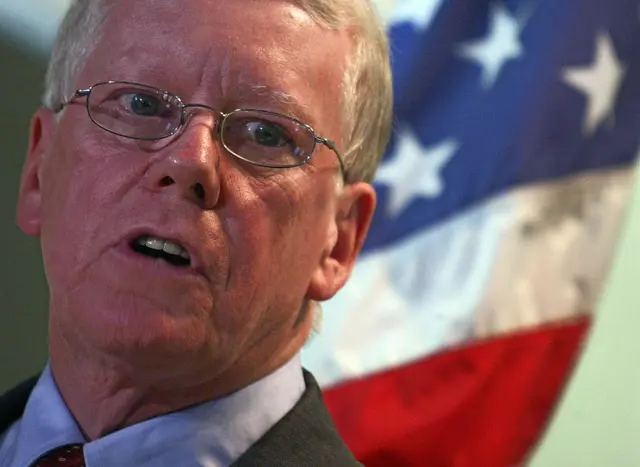Tackling the reality of the 'idyllic' Lake Naivashapublished at 07:20 BST 1 May 2019
Look at tourist photos of Lake Naivasha in Kenya's famous Rift Valley and you'll see calm waters teeming with hippos and birds. But for the people living on the shoreline the reality can be very different.
A recent study found that 70% of waste generated in the area ends up in the lake, even though its water is used by the local community for drinking.
Now, activist Duncan Oloo has had enough of the situation and has set up Kwa-Muhia Environmental Group. Supported by Waste Aid and British waste firm Biffa, it is building a new recycling centre and employing local people to make useful products out of the waste.
Listen to him being interviewed by BBC Newsday's Lawrence Pollard:
One man has had enough of conditions of the shoreline of the renowned beauty spot

